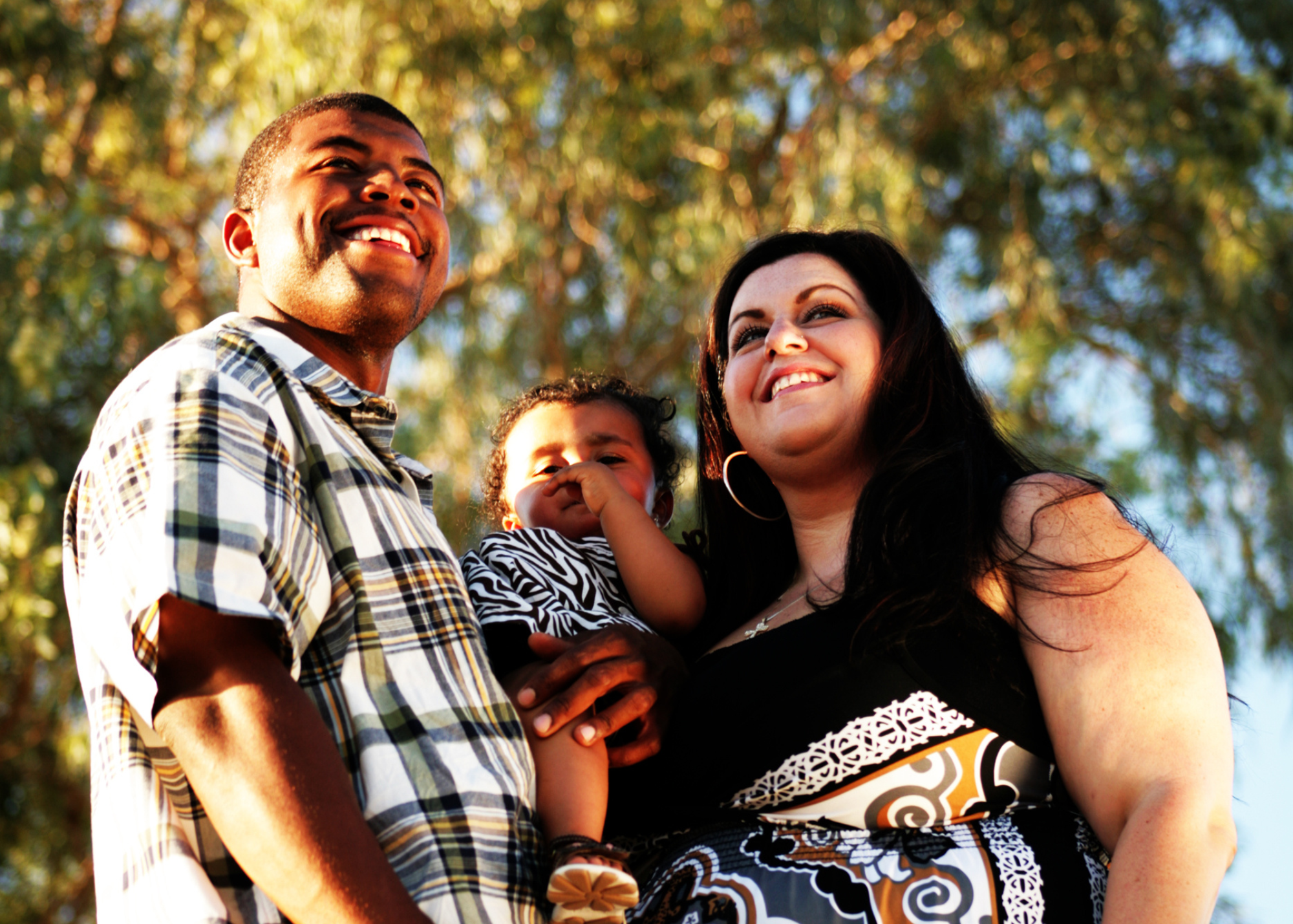Medical Examiner
The Schenectady County Medical Examiner’s Office is part of the Public Health Services Department. A medical examiner is a licensed physician with special training in death investigation who serves in the public interest to investigate all reported deaths that are not attended by a physician and those that may not be natural in manner.
Type of Reportable Death
New York State County Law requires that the Medical Examiner investigate the circumstances and determine the cause and manner of all reportable deaths.
Reportable deaths include:
- A violent death, whether by criminal violence, suicide or casualty;
- A death caused by unlawful act or criminal neglect;
- A death occurring in a suspicious, unusual, or unexplained manner;
- A death while unattended by a physician, so far as can be discovered, or where no physician able to certify the cause of death as provided in the public health law and in form as prescribed by the commissioner of health can be found;
- A death of a person confined in a public institution other than a hospital, infirmary, or nursing home.
What does the Medical Examiner Do?
Loved Ones:
We are committed to assisting you during this difficult time. As soon as possible, please contact a funeral director/home. As per state law, the person who passed must be released from the medical examiner at Ellis Hospital to a licensed funeral director. The medical examiner is prohibited from recommending a funeral home.
Be sure to contact the Medical Examiner Office of the county in which the person passed away, not the county of residence. Please note: Confidential information is not shared over the phone. After verification, it is shared by mail.
Requesting a Medical Examiner Report:
Call Schenectady County Public Health Services at 518-386-2810
If you are next-of-kin, please contact Schenectady County Public Health. To request information, a letter must be submitted. After verification, information is shared by mail.
Please contact the Medical Examiner Office of the county in which the death occurred, not the county of residence.
What is a Death Certificate
A death certificate is a legal document issued by the government that includes information about the person's passing. A death certificate can be requested online. You will be redirected to a third-party website, not affiliated with Schenectady County.
Who is eligible to get a copy of a death certificate?
- The spouse, parent, child, or sibling of the deceased
- Other people who have a documented lawful right or claim documented medical need
- If you are not the spouse, parent, child, or sibling of the person who passed, you must document a lawful right or claim
What identification needs to be submitted by the person requesting?
Applications must be submitted with copies of either A or B:
A. One of the following forms of valid photo-ID:
- Driver's license
- State-issued, nondriver photo-ID card
- Passport
- U.S. Military-issued, photo-ID
OR
B. Two of the following showing the applicant's name and address:
- Utility or telephone bill
- Letter from a government agency dated within the last six months
- Submit a copy of your U.S. passport in addition to the above ID if you are applying from a foreign country that requires a passport for travel.

-dp7ylv.png)
-jsfm6h.png)
-2r9p4x.png)
-km2ife.png)
-d42hb9.png)
-wvt46q.png)
